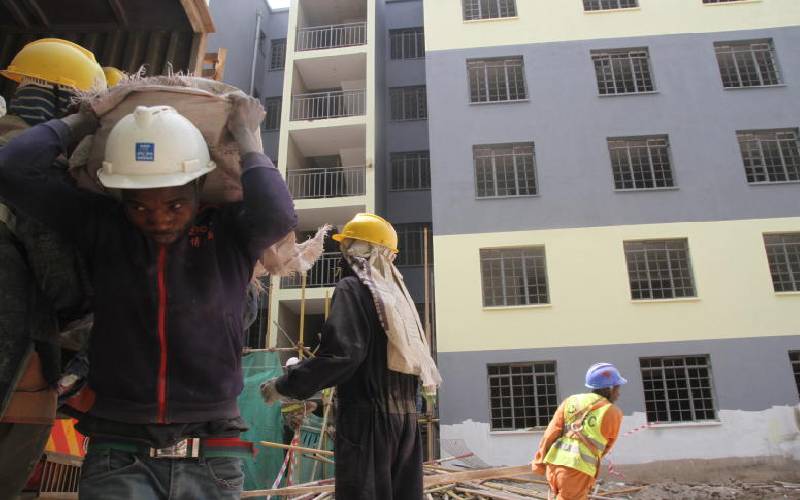×
The Standard e-Paper
Join Thousands Daily

The government has put up just 228 affordable housing units so far, casting doubt over the ambitious target of half a million units by 2022.
President Uhuru Kenyatta had set out to construct 500,000 affordable housing units in his second term under the Big Four agenda.